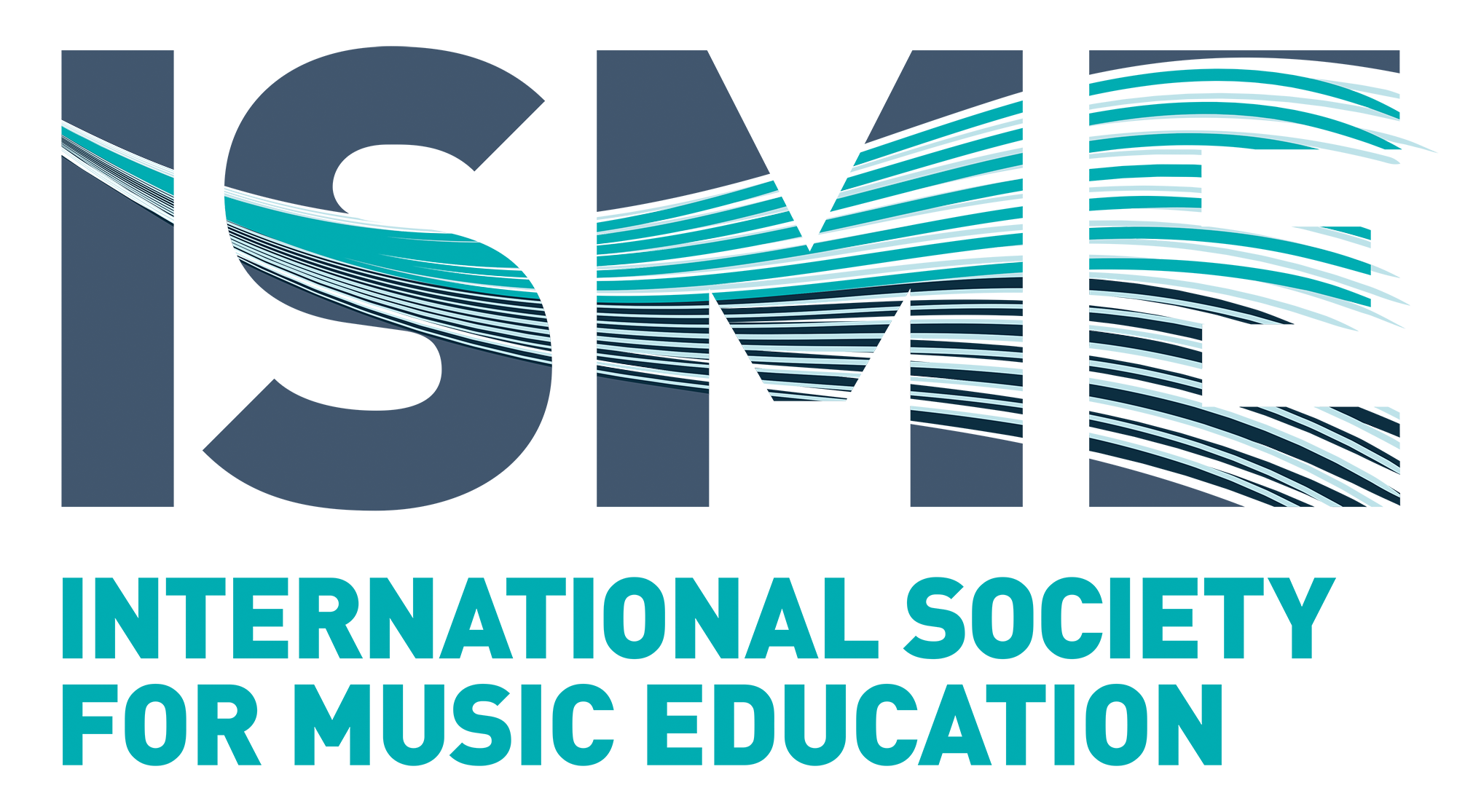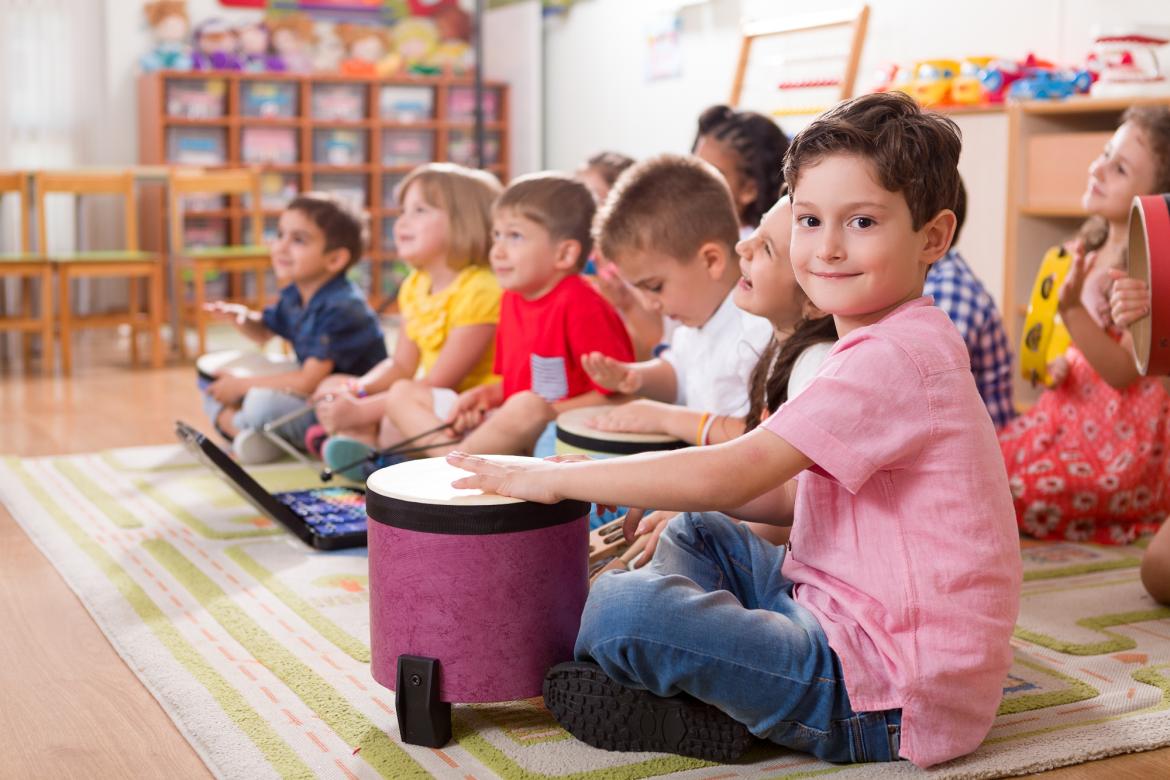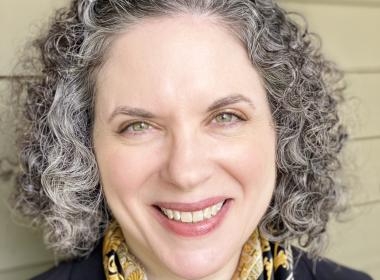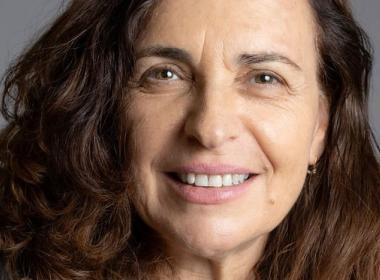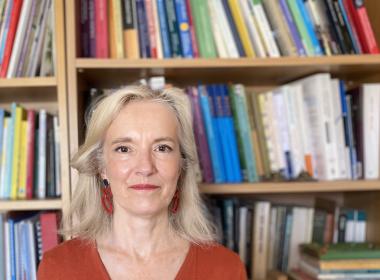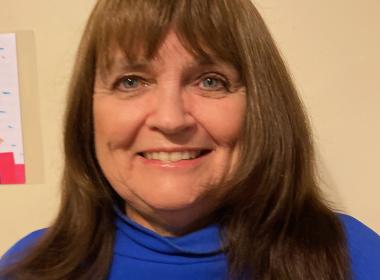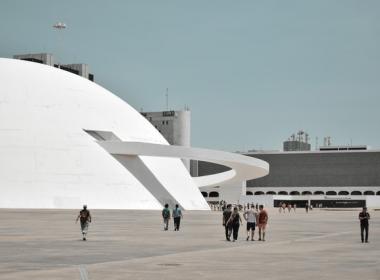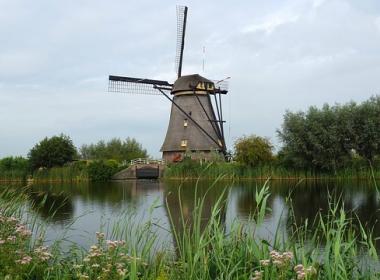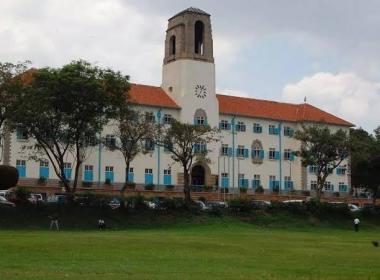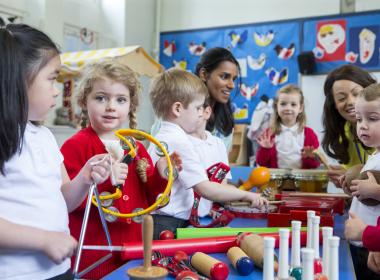About
The Early Childhood Music Education (ECME) Commission of the International Society for Music Education was founded by Katalin Forrai (Hungary), who served as our initial and organizing chair. The first ECME committee was approved by the ISME board of directors in 1980; papers were shared at the world conference in 1982 in Warsaw, Poland, and the first official ECME Pre-Conference Seminar was held in 1984 in Eugene, Oregon, USA.
Vision
ECME is guided by a team of early childhood music educators and researchers from many places around the world. We focus on music education research and practice with young children (defined as prenatal through age 8 years). Through our work with families, researchers, and practitioners invested in the co-creation of relevant teaching approaches, we consider music to be essential to young children’s holistic well-being and development as social, empathetic, thinking, and aware human beings. We advocate for all children’s right to equitable and accessible musical education.
Mission
The Early Childhood Music Education (ECME) Commission of the International Society for Music Education was founded by Katalin Forrai (Hungary), who served as our initial and organizing chair. The first ECME committee was approved by the ISME board of directors in 1980; papers were shared at the world conference in 1982 in Warsaw, Poland, and the first official ECME Pre-Conference Seminar was held in 1984 in Eugene, Oregon, USA.
ECME is guided by a team of early childhood music educators and researchers from many places around the world. We focus on music education research and practice with young children (defined as prenatal through age 8 years). Through our work with families, researchers, and practitioners invested in the co-creation of relevant teaching approaches, we consider music to be essential to young children’s holistic well-being and development as social, empathetic, thinking, and aware human beings. We advocate for all children’s right to equitable and accessible musical education.
We acknowledge young children’s movement within multiple communities of practice inclusive of home, community, and school environments. We view these contexts to be interrelated, and to have equal influences on children’s musical development, activities, and experiences. We consider young children to take a primary role within these communities; as musically creative beings, children have agency and voice in their own learning. We believe that it is essential for effective and relevant teaching and research to keep children’s musicality and need for musical learning and expression at the center of all that we do. This perspective fosters equitable and differentiated approaches as we search for ways to create meaningful and effective music education for our youngest learners.
We believe that research in early childhood music education allows us to understand musical experiences, expression, and learning as vital to young children’s well-being and development. Further, when put into practice, this research improves our ability to encourage young children’s love of music and to help them build a foundation for life-long musical participation and musicianship.
As such, we take seriously the need for developing strong research and pedagogical thinking and practice among the ECME community and beyond.
Given this perspective, we work to support a thriving early childhood music education researcher and practitioner culture through enhanced conversation regarding:
-
The development of pedagogical thinking, working to understand the interactions among children’s musical behavior, practice, and development.
-
Meaningful music education in the face of challenging and changing social and cultural circumstances.
-
Music and wellness in children’s lives and in society, including the role music plays in building relationships, fostering a sense of belonging, and maintaining health and resiliency.
-
Fostering equitable practices in classroom and community music settings through establishing communities of learners inclusive of background, learning diversity, and identity.
-
Children’s and families’ musical cultures and identities and the impact they have on formalized musical teaching practices.
We value the international forum for the exchange of ideas, development of dialogue, and collaboration among colleagues in research and practice. Through these collaborations, we work toward positive changes in music education and policy.
Activity
To accomplish our mission, ECME will:
-
Host a seminar preceding each ISME world conference
-
Connect members to our work via an email newsletter
-
Host meetings for continued dialogue in between pre-conference seminars
-
Promote the publication of new research in ISME publications and other peer-reviewed journals
-
Encourage presentations at early childhood sessions during ISME world conferences
-
Encourage collaborations among the research and practice community of ECME
-
Partner with ISME in connecting with a broad membership
Commissioners (2024-2026)
- Elissa Johnson-Green (Chair)
- Michal Hefer
- Jessica Pitt
- Jill Holland
- Diana Dansereau
- Zoe Dionyssiou
Contact
We invite ISME and non-ISME members to click here to sign up for our newsletter, and to join our Facebook group.
Contact the ECME Commission Chair at ecme.isme@gmail.com
